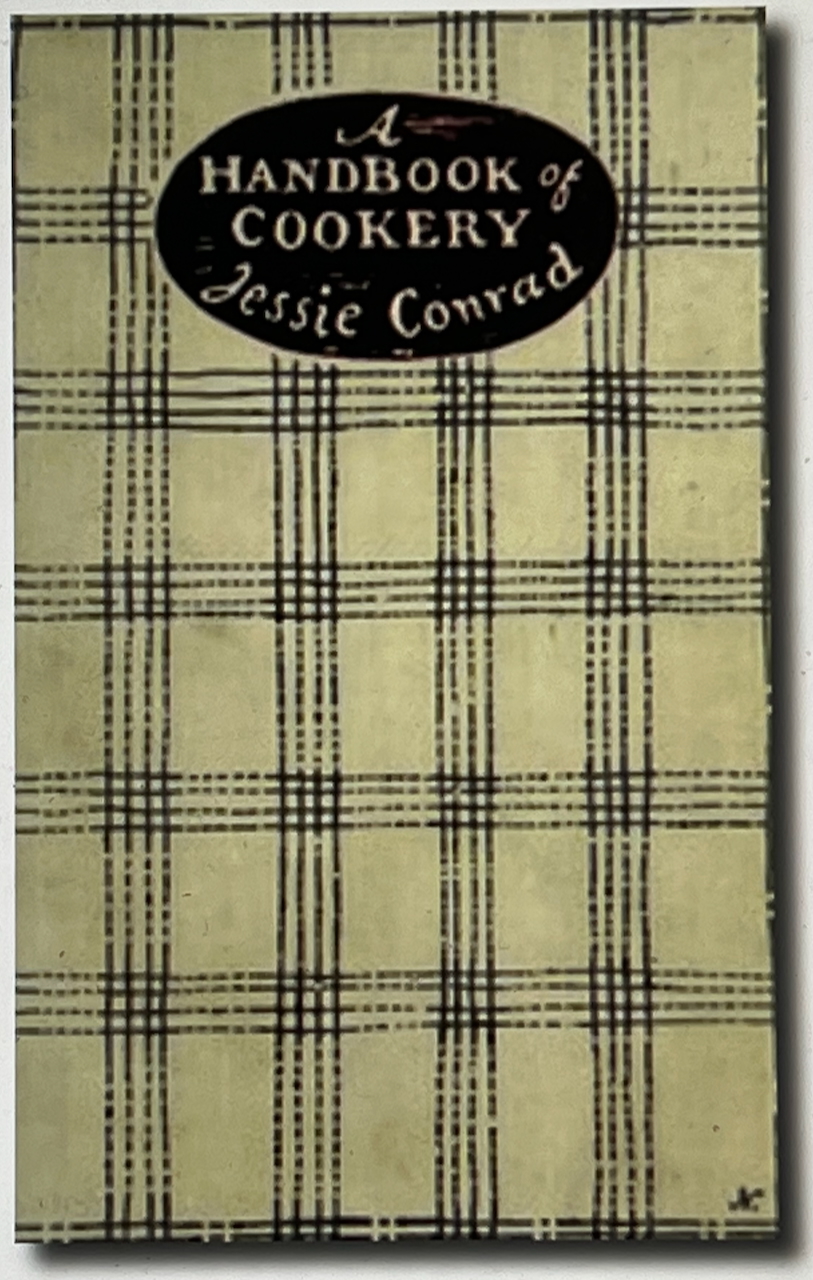The Ongoing Strains of America
March 1, 2019

Joan Didion’s nonfiction book Miami (1987) is a reminder of how good writing captures the problems of its time and—in time—proves them to be continuously-working parts in the bigger movement of history.
Miami is more often referred to as reportage than New Journalism, but the “I” of Didion is always there, even when subsumed—making judgments, summing-up, and using language as rhetoric. When it was published, the LA Times said the book did not work so much by argument as by “Didion’s peculiar method of assembling impressions, allusions and seemingly unrelated pictures.” They called this “highly personal” writing.
Some practitioners of this method begin to look, in retrospect, prescient when their local subject becomes global in import.
Miami starts with the hopes, betrayals, in-fighting, and violence of el exilio, the Cuban diaspora that settled and then took power in that city. For a while, Didion shows, pockets of their self-interest meshed with national priorities. Anti-Castro passions in the Cuban-American community influenced American policy in the hemisphere, from JFK in the missile crisis to Reagan’s support of the Contras.
Once national policies changed, and the exile community was seen as having no utility, or worse, became hindrance or embarrassment, they were abandoned until needed another time.
Didion then shifts to backroom politics in Washington, D.C., which she portrays as similar to Miami’s politics but on a bigger stage. Its fractiousness is often the result of national party ideologues, “people who had seized or been seized by an idea [as had those who served la lucha, the anti-Castro cause], and, as such, they were to the White House only sometimes useful.”
“Where they were useful,” Didion says, “was in voicing the concerns not only of the American Right but in some inchoate way of the President himself …. [T]hey had even managed … to drill through … into that molten core where ‘New York’ was the problem, and ‘Hollywood,’ and women who liquidated their unborn children, the very magma of resentment on which Ronald Reagan’s appeal had seemed always to float.”
In Reagan’s time, “’The Red Empire’ was of course the enemy. ‘Christian communists’ [liberation theologists] were also the enemy. ‘Guilt-ridden masochistic liberals’ were the enemy, and ‘the radical chic crowd that always roots for the other side,’ the ‘Beverly Hills liberals with their virulent hatred of America,’” as well as the media: “people whose ‘sneer was showing’”….
This, Didion says, led to a “familiar refrain: the United States was forced to deal through surrogates because of the defeatists, because of the appeasers, because of the cowards and the useful fools and the traitors, because of…’that virulent hatred for America as a culture and as a nation and as a society’ which was understood, by virtually everyone in the room, to infect the Congress, to infect the State Department, and above all to infect the media. … ”
Most of what Didion says in these passages could have been written today, with the change of names of our President, our enemy (the Red Empire, or its leader, is a favorite of the American President, which must make the corpse of Ronald Reagan do the Twist in his box), and the State Department (replaced with Justice/FBI).
Thirty years after Miami was published, the temporal problems it portrays are still standard strains of American society.





